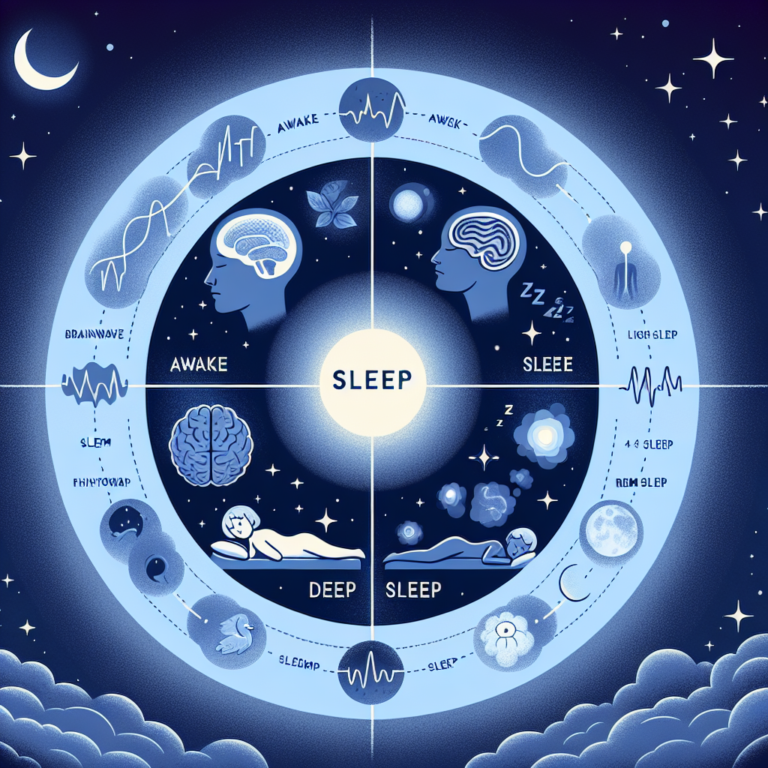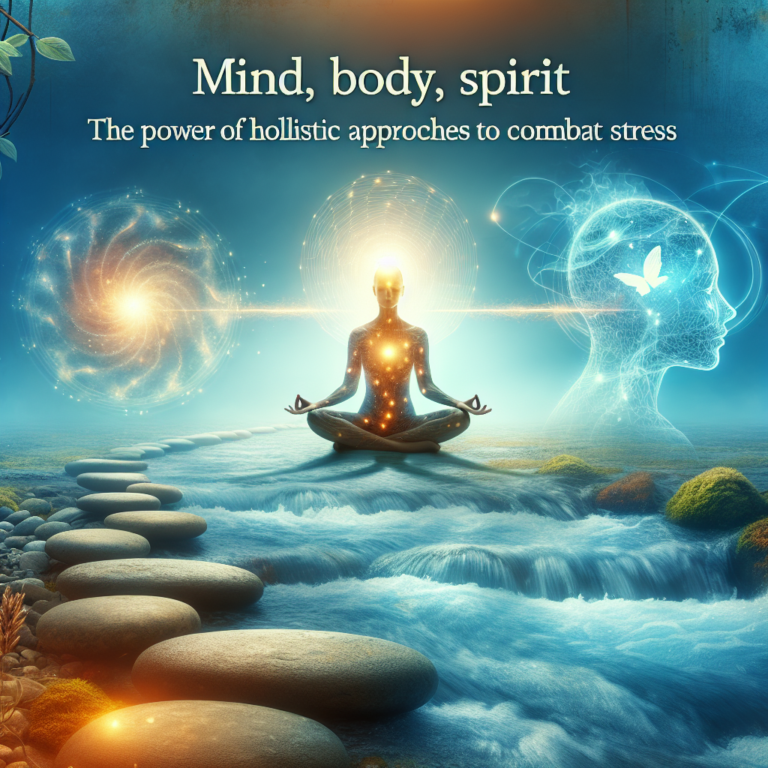
Mindfulness and Anger: A Powerful Pairing for Emotional Balance
Introduction
In today’s fast-paced world, stressors lurk around every corner, often igniting anger that can derail our everyday lives. How we respond to anger significantly influences our mental and emotional well-being. Hence, the exploration of Mindfulness and Anger: A Powerful Pairing for Emotional Balance emerges as an essential tool in managing our emotions effectively.
Imagine standing in the middle of a storm, the winds of frustration and helplessness swirling around you. You have two options: succumb to the tempest or anchor yourself firmly in the present moment. Mindfulness offers just that—an anchoring technique to steer your emotional ship through the storms of anger.
This article delves into the intricate relationship between mindfulness and anger, showcasing unique insights, real-world applications, and proven strategies for achieving emotional balance. Let’s embark on this journey to discover how mindfulness can transform your relationship with anger from a destructive force to a catalyst for growth.
Understanding Anger: A Natural Response
Anger is a fundamental human emotion. Psychologists describe it as a natural response to perceived threats or injustices. However, when unchecked, it can manifest in destructive behaviors and adverse health effects, leading to heightened stress, anxiety, and a feeling of disconnection from our surroundings.
The Physiology of Anger
When anger strikes, our body reacts instinctively. The brain releases stress hormones that can escalate heart rate, blood pressure, and energy levels. In essence, anger triggers a fight-or-flight response, preparing us for confrontation. While this physiological response served a purpose in our evolutionary history, it often overshadows the necessity of moderation and control in our modern lives.
| Physiological Responses to Anger |
|---|
| Increased heart rate |
| Elevated blood pressure |
| Release of adrenaline |
| Muscle tension |
| Heightened senses |
Understanding these reactions is the first step towards recognizing the need for Mindfulness and Anger: A Powerful Pairing for Emotional Balance. By tapping into mindfulness techniques, we can learn to manage these responses instead of being controlled by them.
What is Mindfulness?
Mindfulness is the practice of intentionally focusing on the present moment without judgment. It encourages individuals to observe their thoughts, feelings, and bodily sensations, creating a space for awareness and reflection. The concept is often rooted in Buddhist traditions, but its applications have been adopted widely in Western psychology for therapeutic purposes.
The Benefits of Mindfulness
- Enhanced Awareness: Mindfulness helps individuals recognize triggers that lead to anger, allowing preemptive action and better management.
- Reduced Reactivity: Practicing mindfulness creates a buffer between stimulus and response, helping us respond thoughtfully rather than react impulsively.
- Improved Emotional Regulation: Regular practices help cultivate a sense of balance, enabling us to navigate difficult emotions like anger with a clearer perspective.
Launching into the practice of mindfulness doesn’t require an overhaul of your lifestyle; instead, small, consistent efforts can yield profound results.
The Connection Between Mindfulness and Anger
The Venn diagram of mindfulness and anger reveals an interesting intersection: anger, when acknowledged through the lens of mindfulness, can become an opportunity for growth rather than a destructive experience. Here are ways they interconnect and support emotional balance:
1. Acknowledging Anger
Mindfulness encourages acknowledgment of all emotions, including anger. Instead of suppressing or denying anger, mindfulness allows us to recognize it as a valid emotion. This acknowledgment is crucial for emotional processing and balance.
Case Study: Jane’s Transformation
Jane, a corporate manager, frequently found herself overwhelmed with anger during high-stress project phases. By integrating mindfulness practice into her daily routine—specifically through guided meditations and deep-breathing exercises—she learned to pause when feeling anger rise. The simple act of acknowledgment transformed her experience, allowing her to voice her frustrations constructively rather than explosively.
2. Harnessing Anger as Power
Anger can be a powerful motivator for change. When paired with mindfulness, it can propel individuals to take constructive action. Instead of causing harm to oneself or others, mindful awareness can redirect anger towards productive solutions.
Case Study: Tom’s Advocacy Journey
Tom was frustrated with social injustices in his community. Initially, this anger led him to reactive outbursts. Upon discovering mindfulness, he began to channel this energy into advocating for change, participating in workshops, and engaging his community in constructive dialogue. Here, mindfulness provided Tom the clarity needed to transform his anger into advocacy.
Practical Mindfulness Techniques to Manage Anger
Implementing mindfulness to address anger may seem daunting, but there are simple techniques that can be incorporated into your daily routine. Here are a few effective strategies:
1. Mindful Breathing
Take a moment to focus solely on your breath, noticing each inhale and exhale. When you feel anger bubbling up, try this five-minute exercise:
- Sit comfortably.
- Place your hand on your heart or belly.
- Inhale deeply for four counts, hold for four, and exhale for six.
- Repeat until your heart rate settles.
2. Body Scan Meditation
Engage in a body scan, starting from your head and moving to your toes. Notice any tension associated with feelings of anger. This technique helps facilitate awareness of emotional triggers and bodily sensations, allowing for release.
3. Journaling Your Feelings
After experiencing anger, consider journaling about your feelings. This reflective practice promotes a deeper understanding of your anger’s roots, helping identify patterns that can be addressed mindfully.
4. Mindful Observation
In moments of anger, shift your focus to observing your surroundings. What do you see? Hear? Feel? This technique helps ground you in the present moment and diffuses the intensity of your emotions.
5. Regular Meditation
Integrating mindfulness meditation into your daily routine builds resilience against anger and cultivates emotional balance. Start with five to ten minutes per day, gradually increasing the duration as you become more comfortable.
The Results of Practicing Mindfulness and Anger Control
The journey into Mindfulness and Anger: A Powerful Pairing for Emotional Balance showcases that practitioners can significantly enhance their emotional landscape. So what tangible outcomes stem from this integrative approach?
1. Enhanced Relationships
Mismanaged anger often leads to strained relationships. By practicing mindfulness, individuals can communicate more effectively, showing empathy and understanding rather than reactivity.
2. Increased Resilience
Mindfulness fosters resilience. Individuals often find themselves better equipped to face life’s challenges, approaching situations from a place of calm and clarity.
3. Holistic Health
Mindfulness has been linked to numerous health benefits, including decreased blood pressure and improved mood regulation. Managing anger through mindfulness contributes to overall well-being.
Conclusion: Cultivating Your Mindfulness Practice
The connection between mindfulness and anger presents a powerful opportunity for those seeking emotional balance. By acknowledging anger and learning to respond with mindfulness, we can transform our emotional experiences, making room for personal growth and meaningful connections.
Incorporating mindfulness techniques into your everyday life allows you to navigate anger with grace, fostering a sense of emotional equilibrium that enhances all aspects of life. Understanding and utilizing Mindfulness and Anger: A Powerful Pairing for Emotional Balance empowers you to reclaim your emotional narrative, step into your power, and build a life marked by tranquility instead of chaos.
As you take your next steps on this journey, remember that insight and growth come from consistent practice. Embrace each moment, cultivate awareness, and watch as your relationship with anger evolves.
FAQs
1. How long does it take to see results from mindfulness practice?
Results can vary, but many individuals notice changes in their emotional responses within a few weeks of consistent practice. Regular engagement enhances awareness and emotional regulation.
2. Can mindfulness reduce the physiological symptoms of anger?
Yes, mindfulness helps to reduce physiological symptoms associated with anger, such as heightened heart rate and stress hormone levels, by promoting relaxation and a sense of calm.
3. Is mindfulness only useful for anger management?
No, mindfulness is a versatile practice that benefits various aspects of life, including stress reduction, improved focus, and heightened emotional intelligence.
4. Do I need prior experience to practice mindfulness?
No prior experience is necessary. Mindfulness can be practiced by anyone, regardless of experience level. Start small and gradually implement techniques into your daily routine.
5. Can I practice mindfulness in social situations?
Absolutely! Mindfulness can be practiced anywhere, including social settings. Focus on your breathing and observe the environment around you to maintain a grounded state, especially when anger arises.
The journey into Mindfulness and Anger: A Powerful Pairing for Emotional Balance is not just about mitigating negative emotions; it’s about fostering a conscious awareness that leads to a more fulfilling life. Take the first step today, and allow yourself to embrace a more mindful existence.

















